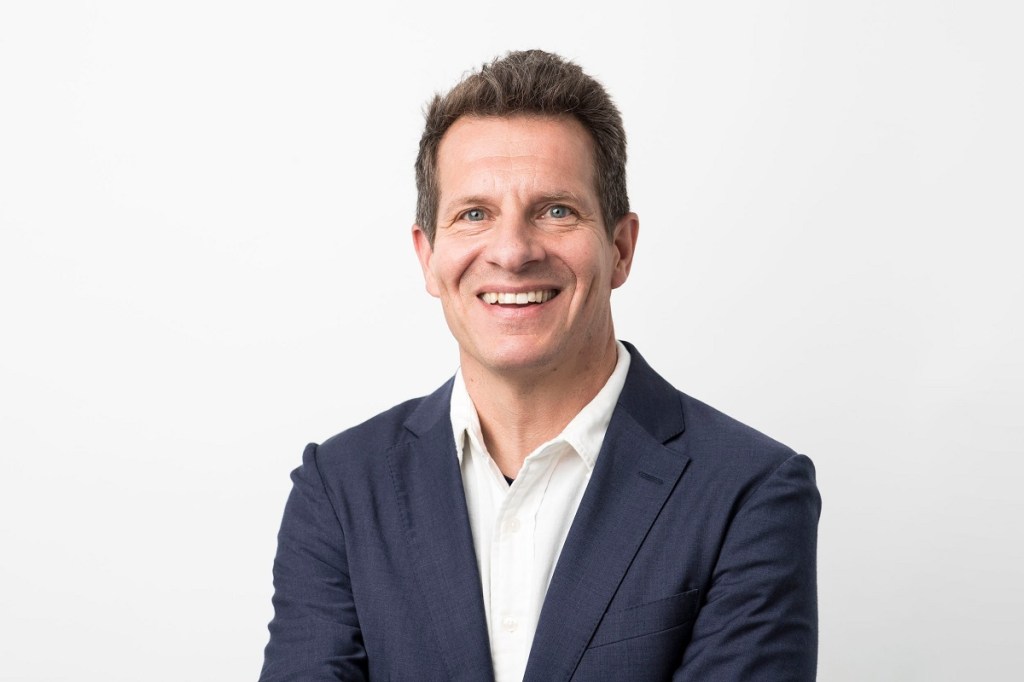Unilever has announced it will eliminate the word ‘normal’ from all of its beauty and personal care brands’ packaging and advertising, as part of the launch of a new Positive Beauty vision and strategy.
“Positive Beauty, which sets out several progressive commitments and actions for our beauty and personal care brands, including Dove, Rexona, Lynx, TRESemmé and Sunsilk, will champion a new era of beauty which is equitable and inclusive, as well as sustainable for the planet,” says the Unilever release.
In addition to removing the word ‘normal’, Unilever will not digitally alter a person’s body shape, size, proportion or skin colour in its brand advertising, and will increase the number of advertisements portraying people from diverse groups who are under-represented. Dove has consistently advertised without digitally altering bodies since 2018.
“The decision to remove ‘normal’ is one of many steps that we are taking to challenge narrow beauty ideals, as we work towards helping to end discrimination and advocating for a more inclusive vision of beauty. It comes as global research into people’s experiences of the beauty industry reveals that using ‘normal’ to describe hair or skin makes most people feel excluded.”
The 10,000-person study, which was commissioned by Unilever, was conducted across nine countries.
It found that:
- More than half of people (56 per cent) think that the beauty and personal care industry can make people feel excluded.
- People want to see the beauty and personal care industry focusing more on making people feel better, than just looking better (74 per cent).
- More than half of people (52 per cent) say they now pay more attention to a company’s stance on societal issues before buying products.
- Seven in ten people agree that using the word ‘normal’ on product packaging and advertising has a negative impact. For younger people – those aged 18-35 – this rises to eight in 10.
Markus Rehde, General Manager Beauty Personal Care and Homecare at Unilever ANZ, said: “We recognise that images portraying a certain kind of beauty affect all of us – men, women, children, and people of all ages and ethnicities. New Zealand is one of the most diverse countries in the world, and it is important that the language we use on our popular products, such as shampoos, moisturisers, and deodorants, reflects our customer base as well as our values as an inclusive brand.
“At Unilever NZ, we’re a diverse bunch and one of the few organisations to have truly closed the gender pay gap. Our recent decision to trial a four-day work week and our commitment to flexible working are both aligned with how we embrace diversity. I’m proud this commitment will also be reflected in our marketing and advertising.”
Sunny Jain, President Beauty & Personal Care, said: “With one billion people using our beauty and personal care products every day, and even more seeing our advertising, our brands have the power to make a real difference to people’s lives. As part of this, we are committed to tackling harmful norms and stereotypes and shaping a broader, far more inclusive definition of beauty.
“We know that removing ‘normal’ from our products and packaging will not fix the problem alone, but it is an important step forward. It’s just one of a number of actions we are taking as part of our Positive Beauty vision, which aims not only to do less harm, but more good for both people and the planet.”
Using Unilever’s world class innovation and technology, Positive Beauty will also help to drive a transformation in how our products are designed and formulated so that they do more good for both people and the planet, deliver a superior product experience, and tap into consumer trends. As an example, Dove uses 25 per cent-70 per cent post-consumer recycled plastic (PCR) in its packaging across selected formats to limit its environmental impact.
Driving positive change for people and planet
“Central to Positive Beauty is the ambition to do more good, not just less harm, for people and the planet. Our decision to remove ‘normal’ from our packaging and advertising is just one action within the set of three commitments we have made to create real and measurable impact:
1. Taking action through our brands to improve health and wellbeing, and advance equity and inclusion, reaching 1 billion people per year by 2030. They will focus on:
- Helping to end discrimination in beauty and champion inclusion, by challenging narrow beauty ideals and building a more inclusive portfolio of products.
- Driving gender equity, including stepping up brand programmes, advocacy to challenge the status quo and #unstereotyping advertising.
- Improving health and wellbeing through existing educational initiatives in handwashing and oral hygiene and expanding focus into new areas, including physical health and mental wellbeing.
2. Helping to protect and regenerate 1.5 million hectares of land, forests and oceans by 2030, which is more land than is required to grow the renewable ingredients in Unilever’s beauty and personal care products.
3. Supporting a global ban on animal testing for cosmetics by 2023, working alongside lawmakers, animal protection organisations and like-minded companies. Twenty-three Unilever beauty and personal care brands are now PETA Approved, with more working towards certification.
Written by Tamara Rubanowski

